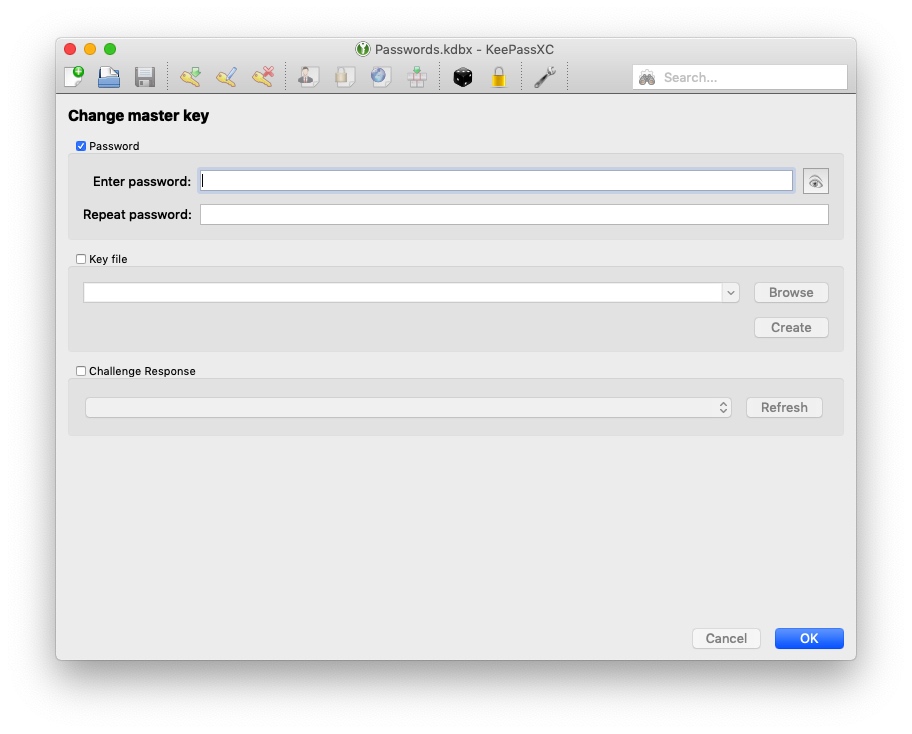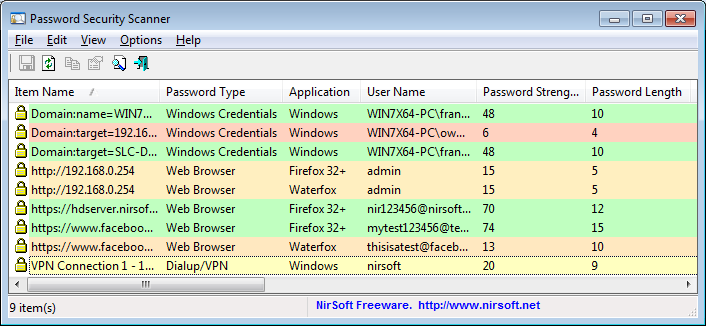

Instead, I would recommend creating or generating passwords 19-20 characters of length for most of your online accounts, and 40-50 characters for services that are dealing with sensitive information/documents (SpiderOak, VeraCrypt, etc). The created passwords are secure, but they don’t have enough randomness to them to give us a high enough level of security. Privacy Two-Factor Authentication (2FA) Tools.Lastly, what if they are provided with a subpoena or warrant for our information? Then what? PrivacyTools.io Secondly, Bitwarden stores your passwords in the cloud and I would probably avoid all cloud-based password managers if I fell into this category of people. Our data is stored inside a vault that is fully encrypted with our password, but we can’t confirm that there are no backdoors because we can’t see the source code for ourselves. There are quite a few issues with Bitwarden when your life depends on security and privacy.

I highly recommended Bitwarden because it is incredibly easy for all kinds of Internet people to use but also very secure from a malicious person trying to steal your information and identity. However, if your threat model fits you into this final category, you pretty much need to ignore all of that and redesign your system for password management.
#Keepassxc password strength checker how to#
In the beginning sections of this paper, I talked a bit about creating strong passwords and how to store them securely.


 0 kommentar(er)
0 kommentar(er)
